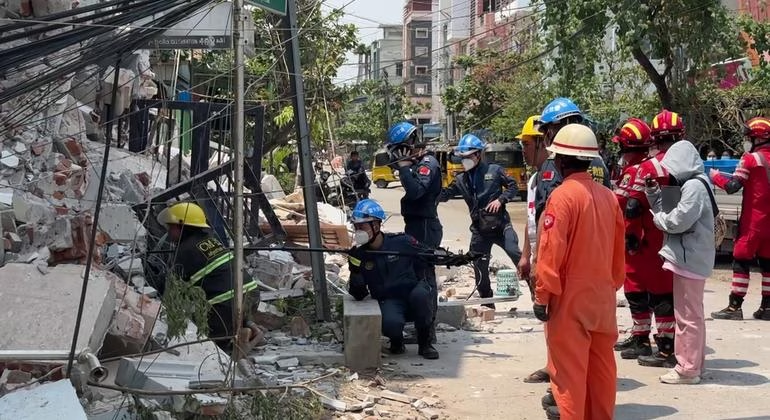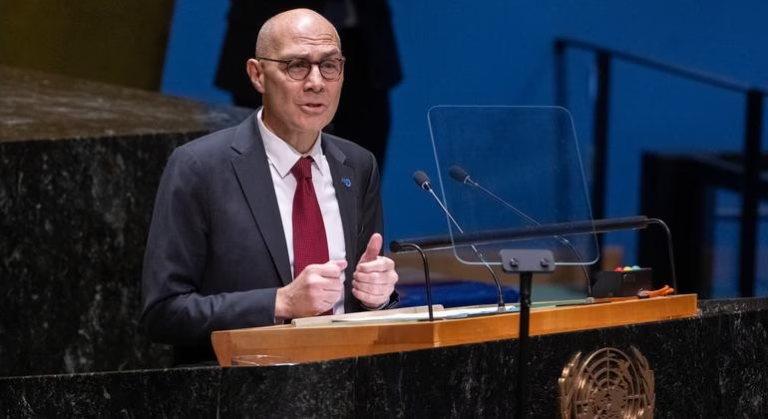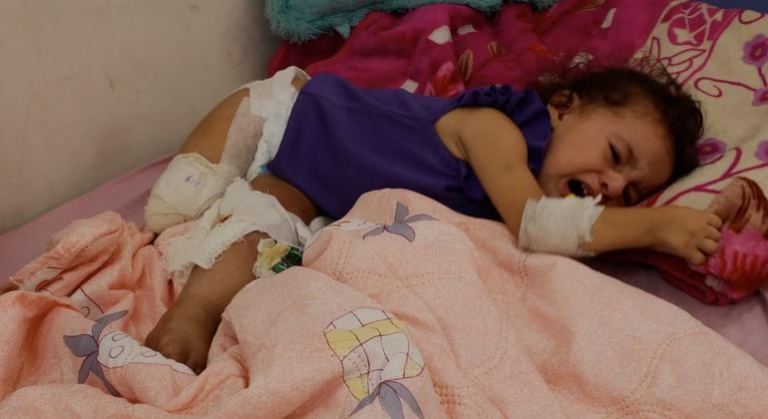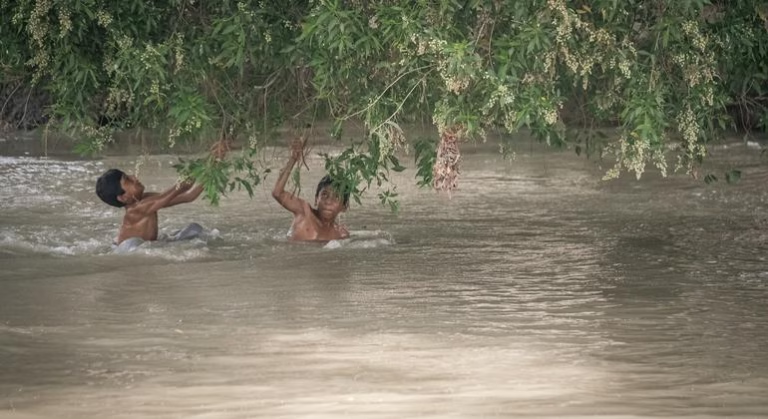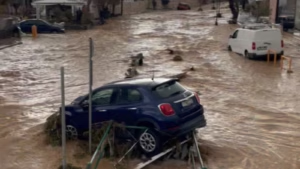Speaking to journalists from Yangon on Tuesday, Julia Rees, Deputy Representative of the UN Children’s Fund (UNICEF) in Myanmar, described the rapidly escalating massive needs after a 7.7 magnitude earthquake. “Entire communities have been flattened,” she noted, with children and families sleeping out in the open, having no homes to return to. She shared that she met children in shock after witnessing their homes collapsing or the death of a family member, with some separated from their parents and others unaccounted for.
Approximately 72 hours after the quake affected Mandalay and Sagaing regions, as well as Nay Pyi Taw and southern Shan state, the death toll rose to around 2,000, according to the country’s military junta. Hundreds are still unaccounted for and thousands have been injured. “The window for lifesaving response is closing,” Ms. Rees stated, emphasizing the acute shortages of clean water, food, and medical supplies in the affected areas. However, aid teams are facing extremely challenging conditions, working without electricity or sanitation, just like the communities they are serving.
The UN Office for the Coordination of Humanitarian Affairs (OCHA) reported that local search and rescue teams, supported by international units from China, India, Russia, Thailand, and Bangladesh, have been intensifying their efforts in central Myanmar, which continues to experience aftershocks. The UN’s top humanitarian official on the ground, Marcoluigi Corsi, who visited the country’s capital Nay Pyi Taw, stated that the critical window for finding survivors under the rubble is narrowing, and the conditions in the affected areas continue to deteriorate due to the lack of electricity, running water, and frequent aftershocks.
Dr. Fernando Thushara, the representative of the World Health Organization (WHO) in Myanmar, reported seeing hospitals in Nay Pyi Taw “overwhelmed with patients.” Medical supplies are running low, and there are electricity disruptions and shortages of running water in some hospitals. Dr. Thushara also warned of the potential outbreak of infectious diseases due to the lack of fresh water and sanitation if not controlled quickly.
The country is also reeling from four years of conflict sparked by a military coup in 2021, as well as having faced a cyclone and massive flooding in the past few years. UN refugee agency (UNHCR) spokesperson Babar Baloch described it as a “double tragedy” for the people of Myanmar, as the affected areas were already hosting 1.6 million displaced people before the earthquake. Close to 20 million people across the country were already in need of humanitarian assistance before the earthquake, and over 15 million were going hungry. The UN’s $1.1 billion humanitarian appeal for Myanmar remains only five per cent funded.
Source: https://news.un.org/feed/view/en/story/2025/04/1161731



